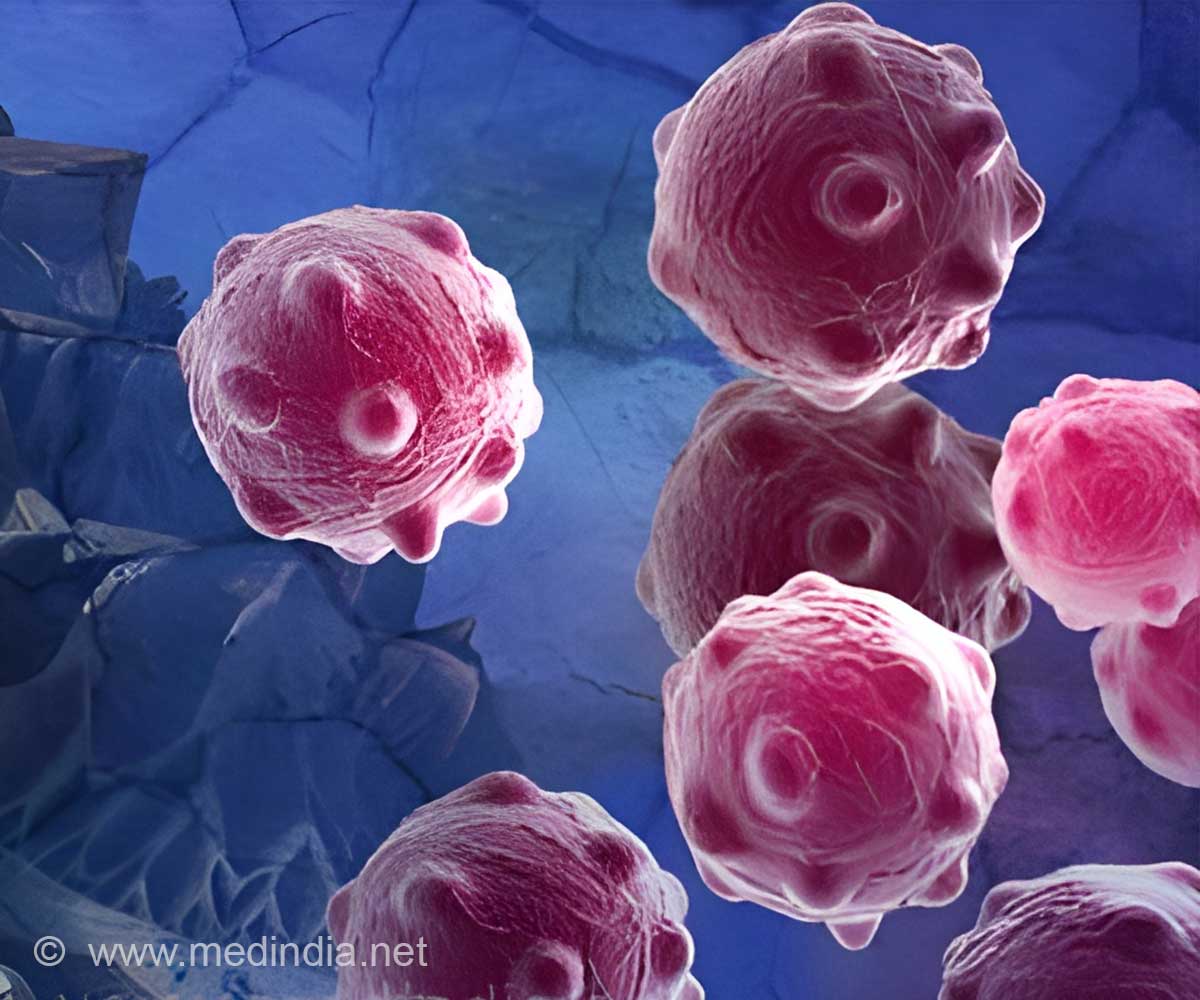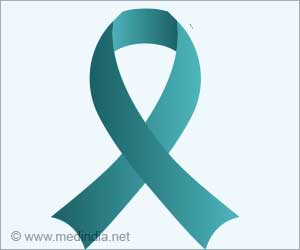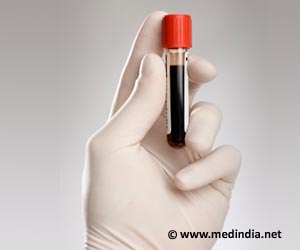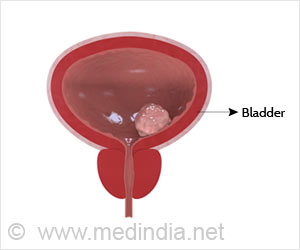First-line treatment with a chimeric antigen receptor (CAR) T cell therapy, achieved a high rate of complete response in patients with high-risk large B-cell lymphoma (LBCL).

‘First-line treatment with axicabtagene ciloleucel (axi-cel), a chimeric antigen receptor (CAR) T cell therapy, achieved a high rate of complete response in patients with high-risk large B-cell lymphoma (LBCL).’





“Existing treatments for LBCL consist of six months of chemotherapy. These results provide evidence that axi-cel may offer effective responses in one treatment and eliminate the need for patients to be exposed to other therapies,” says Sattva Neelapu, M.D., professor of Lymphoma and Myeloma. “A randomized trial is necessary to confirm these results. I am highly encouraged that with additional studies we can move CAR T cell therapy to be the first treatment for high-risk lymphoma patients,” says Neelapu.
Source-Medindia








